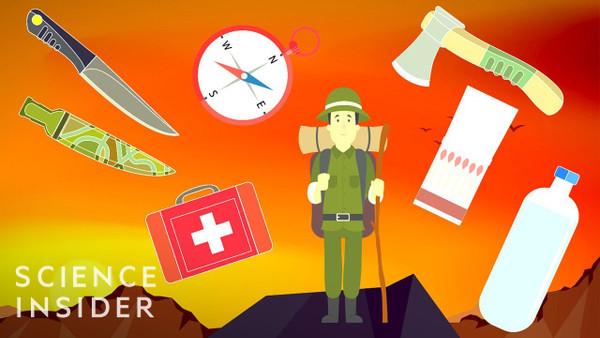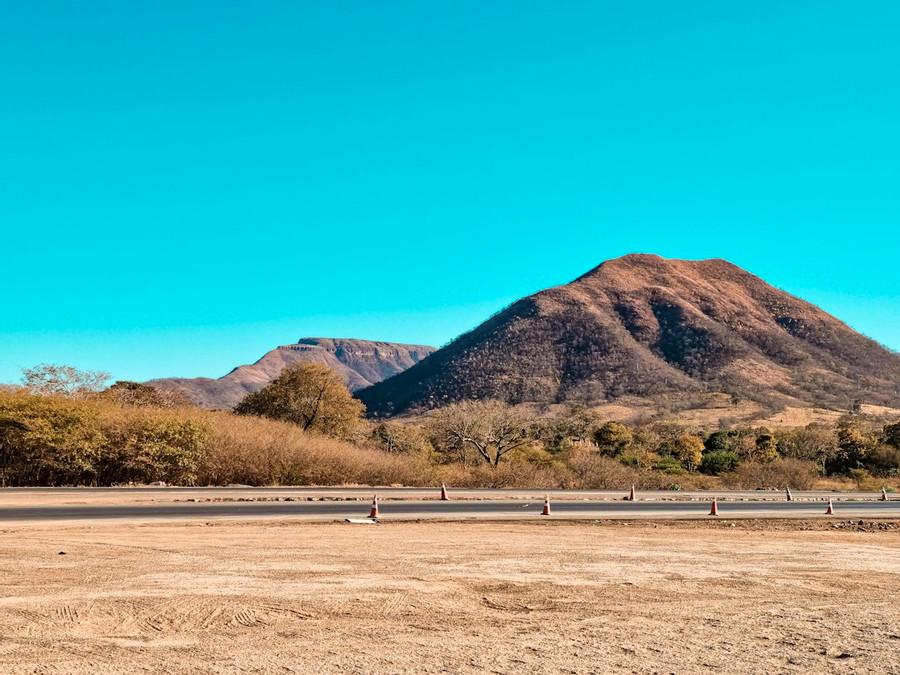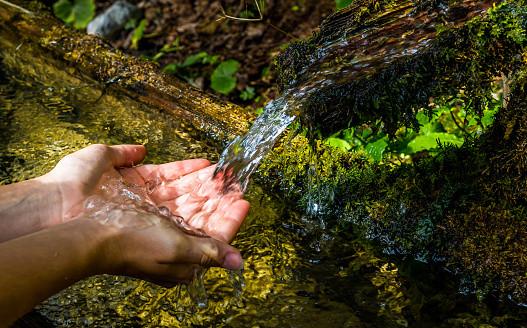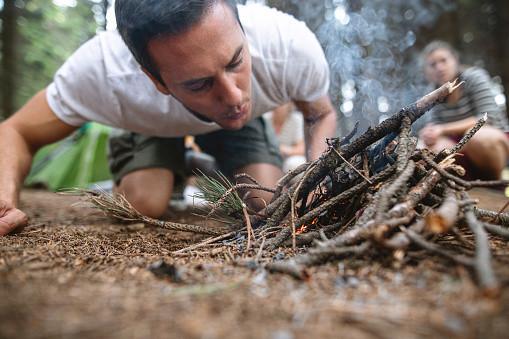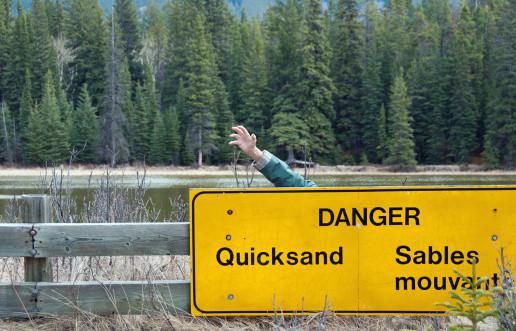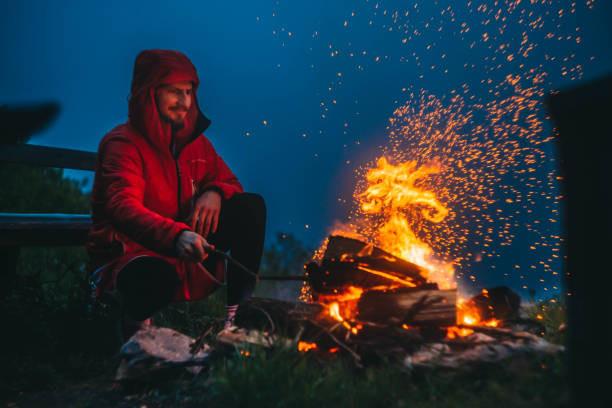7 Tips That Could Save Your Life If You Get Lost In The Wilderness
Curated from: Science Insider
Ideas, facts & insights covering these topics:
8 ideas
·4.9K reads
31
2
Explore the World's Best Ideas
Join today and uncover 100+ curated journeys from 50+ topics. Unlock access to our mobile app with extensive features.
What to do if you’re stranded in the wilderness
Whether stranded in the woods, the mountains, or on a deserted island, the first thing to do is to signal for rescue.
- Use your resources to signal any ships or planes that might pass by.
- If no-one comes, take steps to avoid injury. Your feet are the most important and vulnerable tools for survival. Boots can protect you from cutting your feet as you explore.
- Find fresh water. Humans can't live without water for more than ten days. You need at least 1 litre of water per day to survive. If you have to choose between dehydration and unfiltered water, take your chances with the water.
40
653 reads
Finding water
- If you're close to the sea, you can convert salt water to fresh. Fill a can with salt water, then put a second container over the can. This will collect the freshwater that evaporates out of the can.
- Look for signs of life such as vegetation, birds, and insects. It can all mean you are nearby water sources.
- Roots, vegetables and cacti all contain water. Mashing them with a rock will release some liquid.
- Water flows downhill, so check low-terrain canyons and mountain basis for a water source.
- Morning dew can be collected with a cloth before sunrise and then wrung out.
45
671 reads
What not to drink
Fish juices, blood, alcohol, seawater and urine will dehydrate you, which is the opposite of what you want.
It can also trigger low blood pressure, which can damage vital organs like your heart, lungs, and kidneys.
39
696 reads
Know how to build a fire
- Create a dry patch of ground about 4 feet wide. Build a ring of rocks or dig down a few inches to keep the fire insulated.
- Then use paper, dry grass or pine needles as tinder. Pile loosely in the centre and top with kindling. If the kindling isn’t dry enough, you will need more tinder.
- If you have a lighter or matches, ignite the tinder and gently blow on the fire. If you don’t have a lighter, you need to use friction to create an ember or can use a lens to harness the sun’s light.
- Once you have a healthy flame, arrange firewood in a tepee shape. Ensure to keep feeding your fire.
45
574 reads
Quicksand
It’s impossible to drown in quicksand because humans will float in it. However, once disturbed, quicksand becomes more viscous, trapping whatever it develops.
To get out, wiggle your legs to create a pocket for water to trickle down. This will loosen the sand around your legs. Then lay back. The more you distribute your weight across the surface, the harder it will be to sink. Then use a backstroke to propel yourself backwards. When you reach solid ground, roll away from the quicksand.
43
598 reads
Wildlife dangers
Snakes will avoid you, but if you happen to get bitten by venomous snakes, don’t try to suck the venom out as it is delivered straight to your bloodstream and could further infect the wound.
Instead, hold the bitten limb below the heart level to prevent the venom from reaching your heart.
35
585 reads
Running across some bears
- If the bear hasn’t seen you, slowly backstep yourself out of the situation.
- If the bear does see you, the bear is probably more afraid of you and will take off on its own.
- If you are attacked, don’t run. Make yourself look big. Scream and act crazy.
- In the event of an attack by a black bear, you should fight for your life.
- The best chance of survival agains a grizzly bear is to curl up in a ball and play dead. Protect your head and neck, and hold on. The bear will end up leaving and moving on. When you know the animal has moved off into the underbrush, quietly get up and seek medical attention.
42
536 reads
Survival preparation
- Study the terrain, environment and wildlife of any new area before you enter it
- Let people you know where you will be and how long you’ll be there.
- Bring the necessary gear for the trip
36
596 reads
IDEAS CURATED BY
Kevia Taylor's ideas are part of this journey:
Learn more about scienceandnature with this collection
Basic survival skills
How to prioritize needs in survival situations
How to adapt to extreme situations
Related collections
Similar ideas
8 ideas
Sleep Experts Debunk 15 Sleep Myths
Insider Science
7 ideas
Balaji Srinivasan's monster 8h podcast
Lex Fridman Podcast
2 ideas
Read & Learn
20x Faster
without
deepstash
with
deepstash
with
deepstash
Personalized microlearning
—
100+ Learning Journeys
—
Access to 200,000+ ideas
—
Access to the mobile app
—
Unlimited idea saving
—
—
Unlimited history
—
—
Unlimited listening to ideas
—
—
Downloading & offline access
—
—
Supercharge your mind with one idea per day
Enter your email and spend 1 minute every day to learn something new.
I agree to receive email updates
